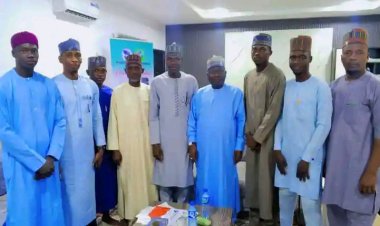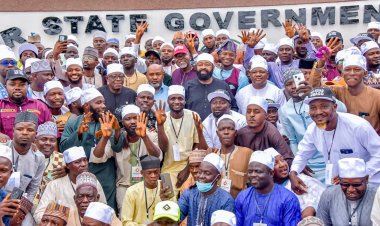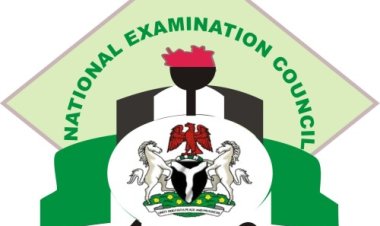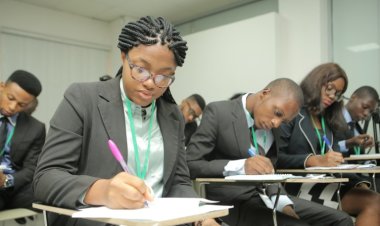Power Struggles: Nigerian Students Clash with Overbearing Supervisors
A pressing issue has emerged drawing attention to the the relationship between final year students and their project supervisors which is often times authoritarian in nature. Reports suggest that it is not uncommon for students to be told outright that they will fail exams, with the implication that their efforts may be futile against the subjective judgment of their project supervisors.

In the landscape of Nigerian Education, a pressing issue has emerged drawing attention to the the relationship between final year students and their project supervisors which is often times authoritarian in nature. As students strive to complete their crucial final projects, they face a lot of challenges compounded by the unchecked power wielded by their mentors/lecturer.
Students have voiced their frustrations, alleging that some lecturers exhibit behaviors that can be perceived as sadistic and bullying. Reports suggest that it is not uncommon for students to be told outright that they will fail exams, with the implication that their efforts may be futile against the subjective judgment of their project supervisors. Nigerian lecturers are a bunch of pure sadists and bullies," laments one student, encapsulating a prevailing sentiment shared by many.
RECOMMENDED: UI Promotes Senior Lecturer to Professorship
Indeed, the issues plaguing Nigeria's education system extend beyond the confines of the classroom. The role of project supervisors, tasked with guiding students through the arduous process of completing their final year projects, often morphs into one of unchecked authority and arbitrary decision-making. This authority, coupled with a lack of corrective measures from peers, has led to a situation where supervisors’ actions go unchallenged, creating an environment that can be intimidating for students.
There is a growing call for the establishment of systems that protect student rights and ensure fair treatment. Advocates for change are pushing for the implementation of checks and balances that would hold lecturers accountable for their actions and provide students with a platform to voice their concerns without fear of retribution.
SEE ALSO: Ghanaian Triplets Graduates as Top Scholars In High School
As the conversation around this issue gains momentum, it is clear that a multifaceted approach is needed to address the concerns. This includes policy reform, increased transparency, and the promotion of a culture that values the student-teacher relationship as a partnership aimed at fostering growth and learning.
In conclusion, while the allegations against some Nigerian lecturers are serious and warrant attention, it is important to approach the subject with a balanced perspective, recognizing the need for systemic change to create an educational environment that is conducive to both teaching and learning.

 c.Blessing
c.Blessing 



